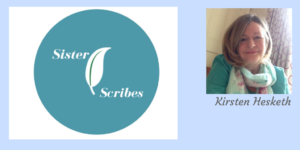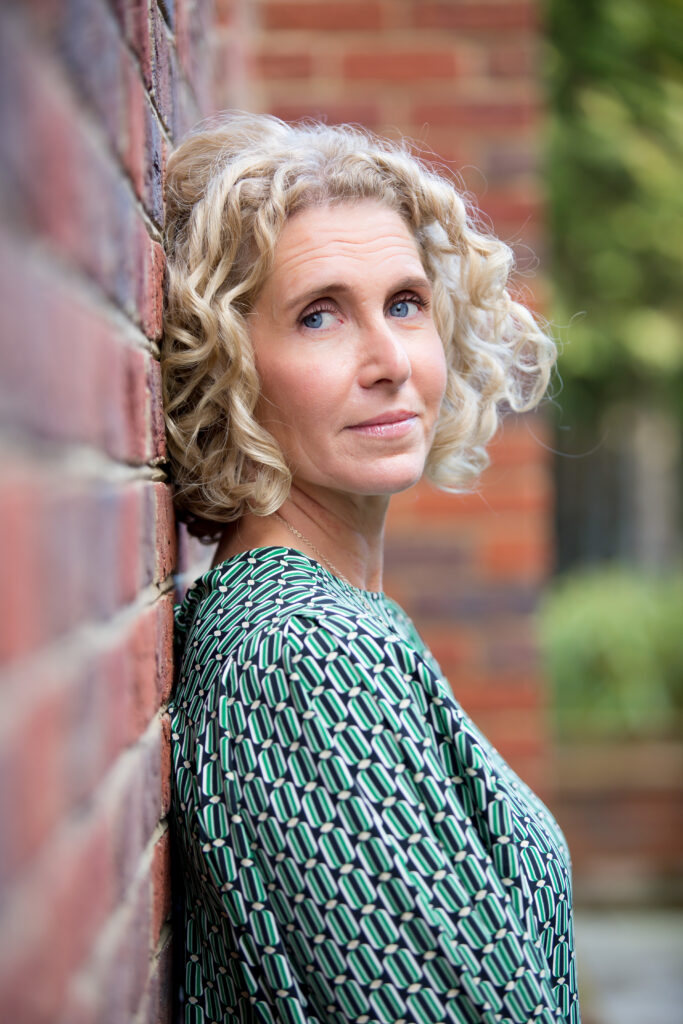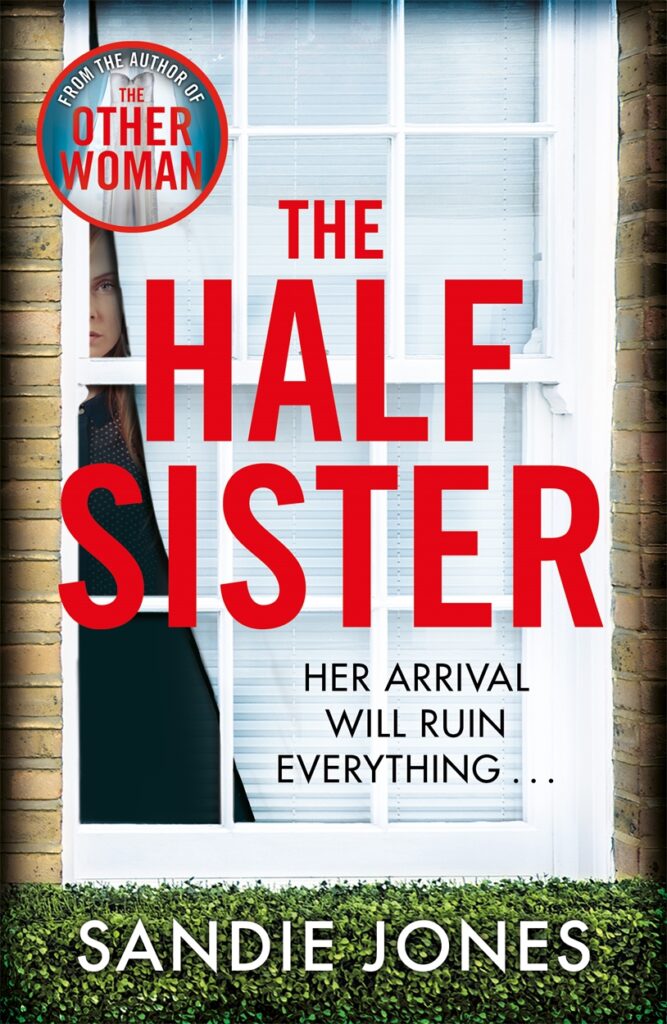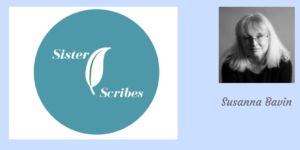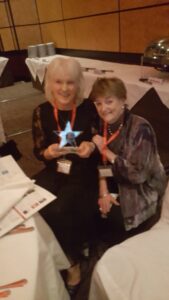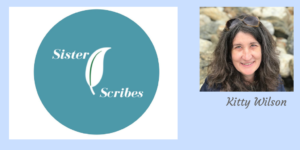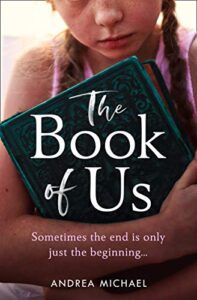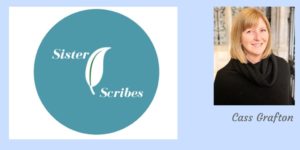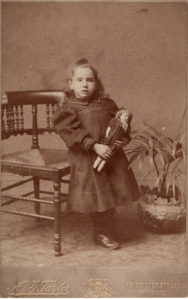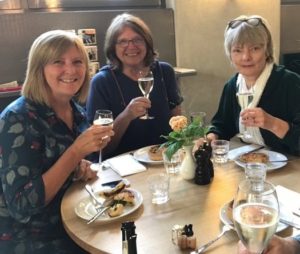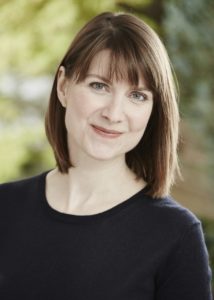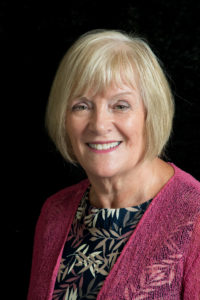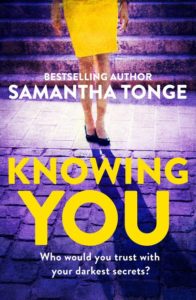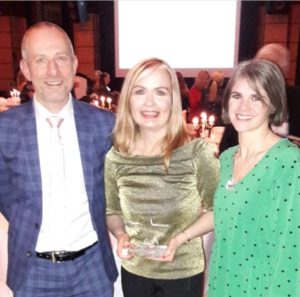It’s three weeks since my debut Another Us launched and what a strange, exhilarating, fabulous, scary three weeks it has been.
What with that – and, of course, ‘real life’ overlaid over the top – it’s all been rather overwhelming and I think it’s only now that I am beginning to sit back and play it all over in my mind. So – if it’s not too self-indulgent – I thought I might devote this post to my recollections of the big day.
I had wondered that the day itself might feel like an anti-climax. After all, my very first book was being sent off into the world to fend for itself in the middle of a global pandemic! Publishers and agent were working from home, decisions over a paperback edition had been put on hold at the last minute, and it was proving difficult to get physical review copies out to the lovely writers and bloggers who had offered to read and potentially review the book. It all looked like it might be one great big wash-out.
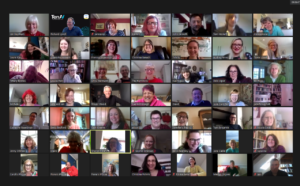 In fact, the day itself was absolutely wonderful. The outpouring of support on social media was absolutely incredible and I literally couldn’t keep up with all the tweets and RTs coming through on Twitter. Several days later. I stumbled across about twenty messages I hadn’t seen before. (I do hope the kind senders didn’t think I was terribly rude.)
In fact, the day itself was absolutely wonderful. The outpouring of support on social media was absolutely incredible and I literally couldn’t keep up with all the tweets and RTs coming through on Twitter. Several days later. I stumbled across about twenty messages I hadn’t seen before. (I do hope the kind senders didn’t think I was terribly rude.)
And then there were the gifts. The doorbell rang all day with flowers and chocolates and cards. My lovely friend Debbie made this incredible cake. My fellow Sister Scribes not only sent flowers and an 48-pack (!) of Curly Wurlies (how well they know me!) but have arranged for flowers to be sent for the next two months as well – so the celebrations can go on and on. My Coppa Club friends – Claire, Becci, Moira and Marilyn – sent a magnificent afternoon tea. My chums at Reading Writers sent flowers and chocolates.
How lucky am I?
I hadn’t been sure what to do about the launch party. I had planned a very small afternoon tea at the Lanesborough Hotel for ten, but that was scuppered by Covid. In the end, I plumped for a Zoom launch which was brilliant and surprisingly emotional. As some of you may know, I dyed my hair red to match the book cover in order to raise money for Mind, and everyone got in the act. There were red tops and red wigs and Jane Ayres dyed her hair red too in solidarity. There was also a red drink competition judged by my children and I know Sue won but I’d slightly lost the plot by this point and I’ve no idea what she was drinking – or if she’d just made something up! More seriously, my editor Emily and agent Felicity both made wonderful speeches and I had a genuine lump in my throat when I came to reply to them.
So all in all it was a wonderful day and thank you to everyone who helped me celebrate and who has supported me in my journey.
And now Another Us is out there in the world and, as I write, has 42 fabulous 4* and 5* reviews. I have had lovely messages from people I know and don’t know saying how much they’ve enjoyed Another Us – including one from a Hollywood actress. I have no idea how many the copies the book has sold but it has been the most wonderful whirlwind!
Next time: the inevitable party hangover and the first 1* review!

